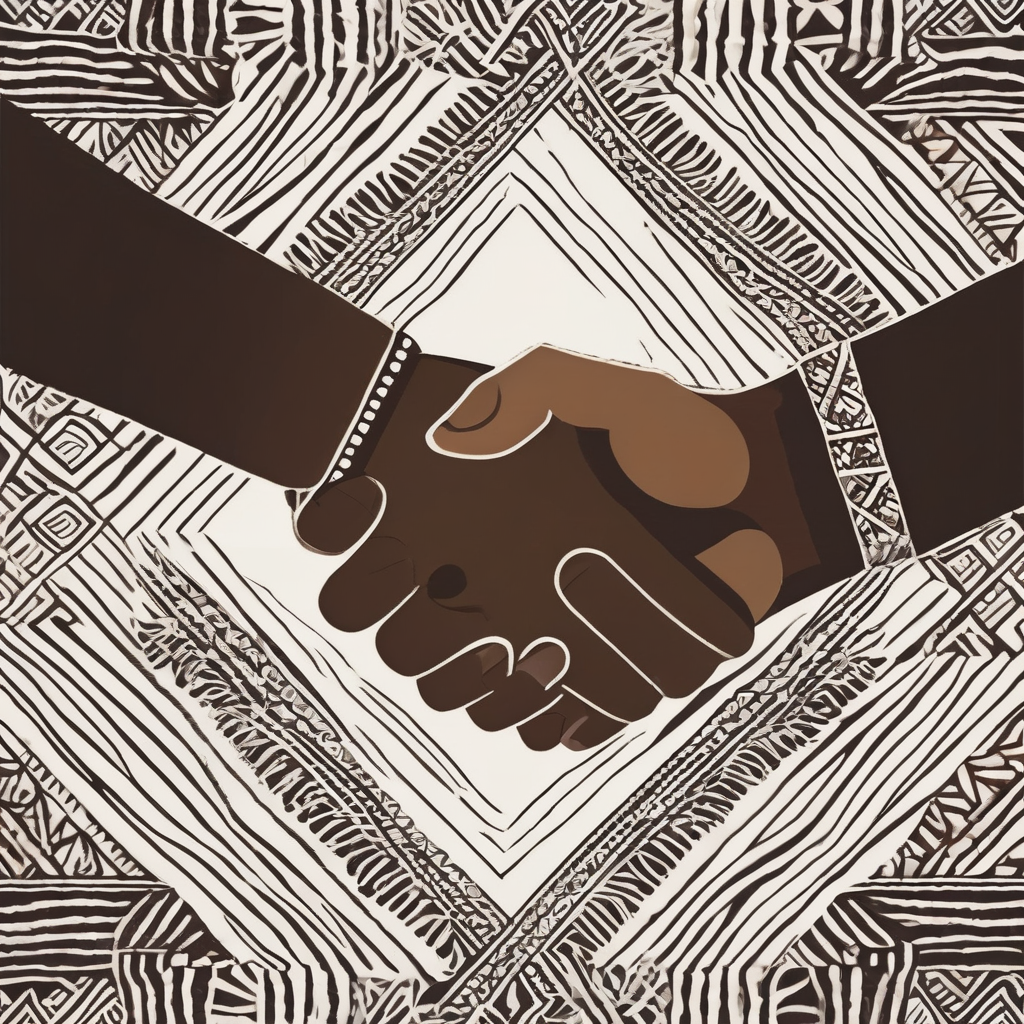International Deaf Awareness Week has underscored the urgent need for understanding and inclusion of deaf communities across the Pacific region. The Gospel School for the Deaf is at the forefront of this mission, not only by educating its students but also by engaging with parents and the wider community about the nuances of deaf culture and sign language.
Teacher Felicity Ali highlighted the school’s outreach initiatives that include presentations at places such as the Gospel Primary School in Samabula. These visits are designed to show how hearing individuals can effectively communicate and interact with their deaf counterparts. Ali advocates for the learning of sign language, particularly by parents, to bridge the communication gap between the deaf and hearing communities.
Ali emphasizes that a greater understanding of the language and culture of the deaf community is essential for fostering inclusion and dispelling harmful stereotypes. She also stressed the importance of using respectful terminology, urging people to refer to individuals as “deaf persons” rather than using outdated terms like “deaf and dumb” or “deaf and mute.”
Although it operates as a private institution without government funding, the Gospel School for the Deaf receives significant support from partners in Australia and New Zealand, who provide crucial visual learning resources. The school offers educational programs from kindergarten through Class 8, as well as a pre-vocational program that imparts valuable business skills. Many students transition from the Gospel School to mainstream schools, such as Gospel High School, where they can further their education and engage with a larger community.
Deaf teacher Miriama Koroitamana also underscored the importance of hearing students and parents learning sign language to ensure the full inclusion of deaf students in all aspects of school life. The goal is to ensure that students can share in every experience with their peers, ensuring that laughter and emotions are equally shared within the school environment.
This emphasis on inclusion supports regional efforts to bridge communication gaps and enhance education for the deaf, as reflected in similar initiatives around the Pacific. The focus on access to sign language aligns with ongoing advocacy for improved educational support, such as the work of organizations like the Sign Language Interpreters Association of Fiji.
The success stories from the Gospel School for the Deaf highlight the transformative power of education in bridging divides and promoting community integration. These efforts reflect an optimistic path toward a more inclusive society where every individual, regardless of their hearing ability, has the chance to thrive. As progress continues, the commitment of educators and communities to learning and mutual respect is crucial to ensuring that deaf communities are heard and included on equal grounds.
